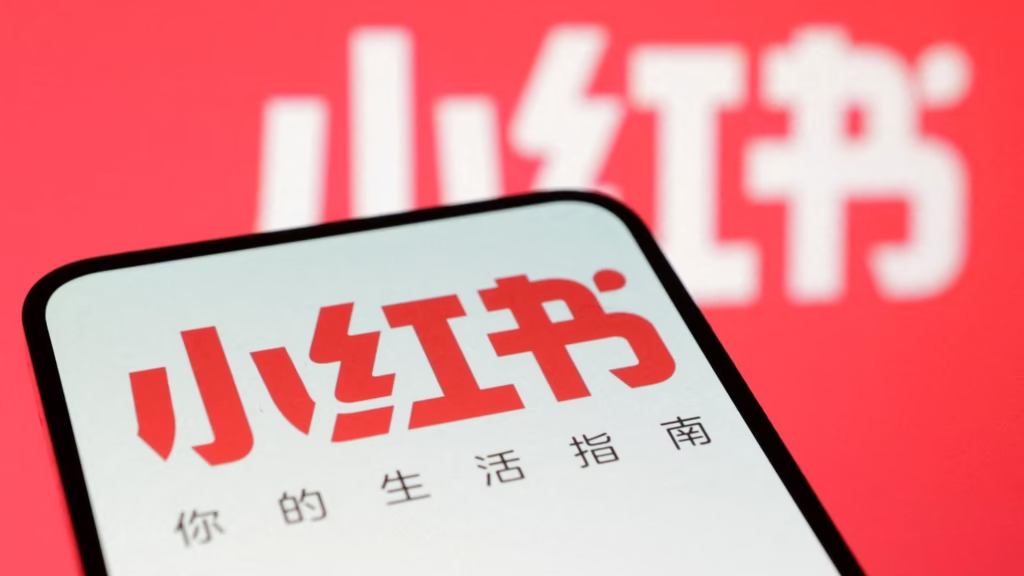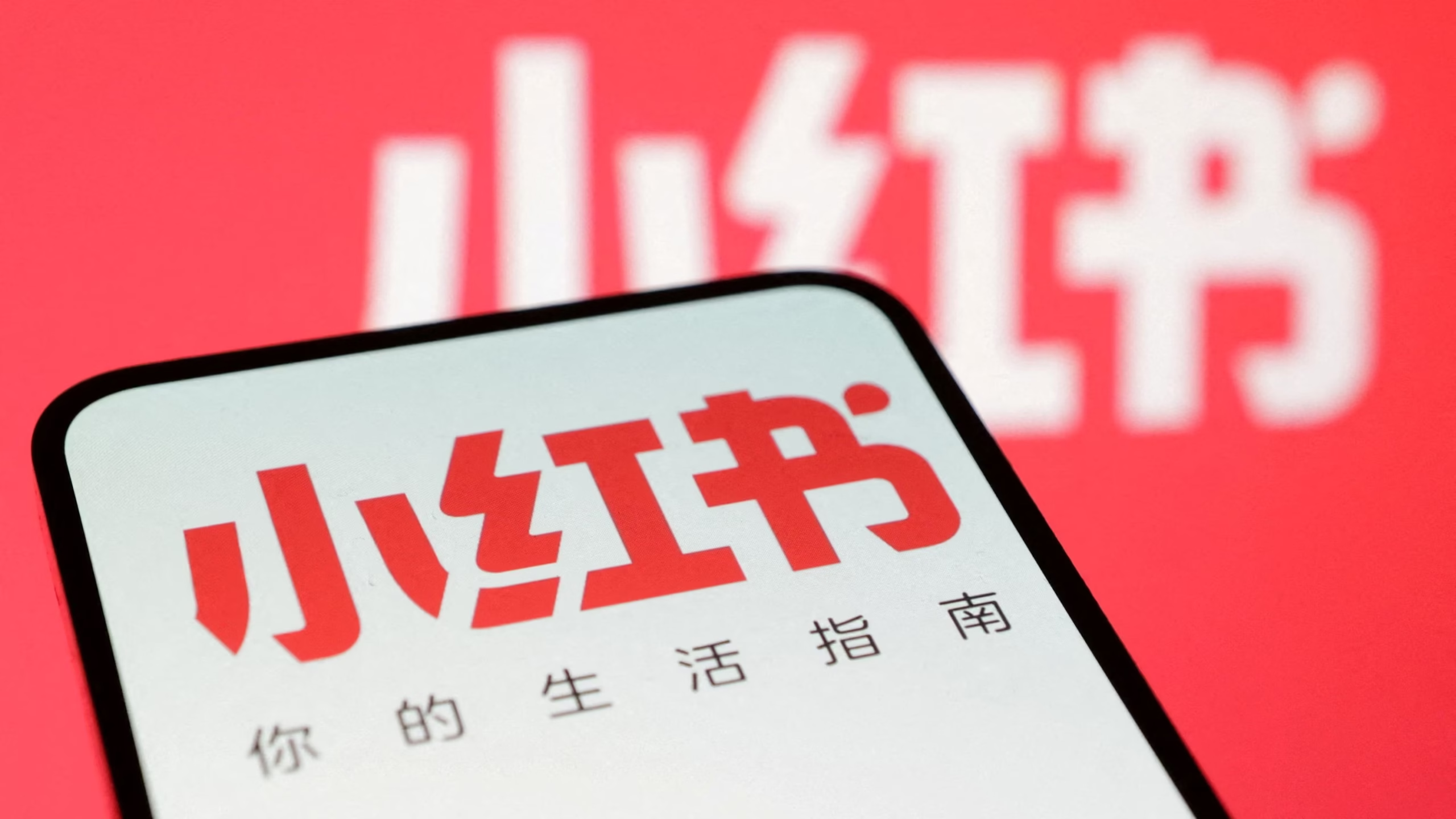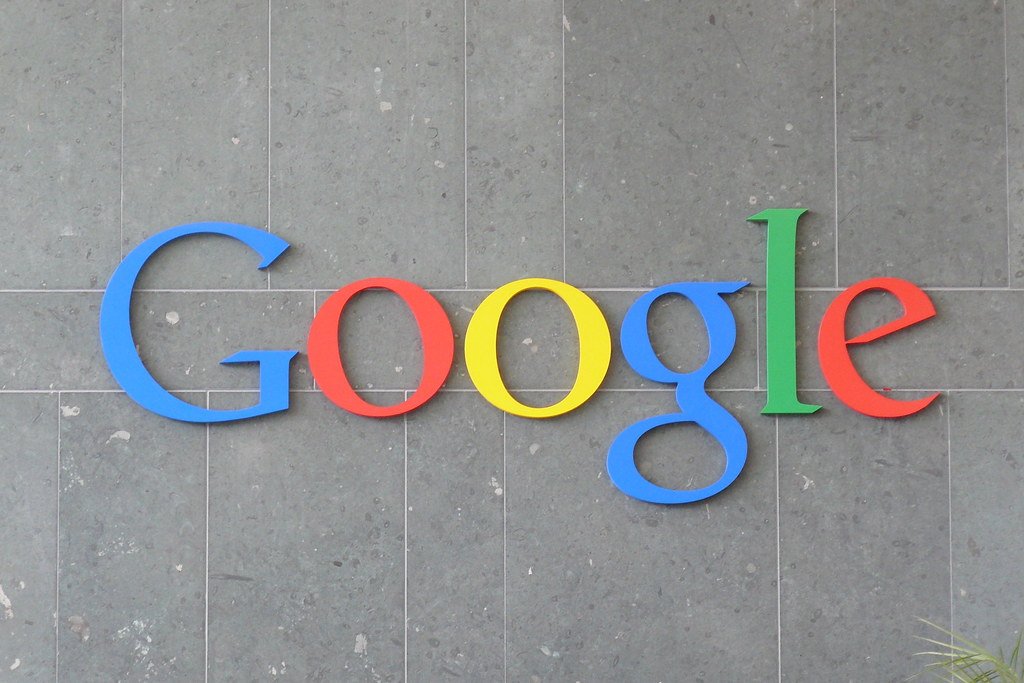On Thursday, China’s internet regulatory authority announced that it had mandated “warnings and strict penalties” for the executives of the widely used social media application Xiaohongshu due to its online content, criticizing posts deemed “trivial” and “negative.”
A statement issued by the Cyberspace Administration of China indicated that “responsible individuals” at the Instagram-like platform would face penalties after Xiaohongshu, referred to as RedNote in English, did not “fulfil its main responsibility of content management.” No specifics regarding the punishments were provided.
The statement condemned Xiaohongshu for allowing “numerous posts promoting celebrities’ personal affairs and trivial issues, along with other negative content that frequently appears on the hot search list.”
It further stated, “A clear, clean, and healthy cyberspace is in the best interest of the people.” Xiaohongshu was established in Shanghai in 2013 and boasts hundreds of millions of monthly active users.

The name translates literally to Little Red Book, but it does not refer to the book of quotations by Chinese communist leader Mao Zedong.
In contrast to TikTok’s sister app Douyin or the micro-blogging platform Weibo, Xiaohongshu focuses significantly on apolitical content, including lifestyle, travel, beauty, and food topics.
The “Explore” page of Xiaohongshu resembles TikTok’s “For You” page, with both being curated by algorithms that recommend content based on users’ interests and interactions on the respective platforms.
Additionally, it functions as an online marketplace akin to TikTok Shop, where users can purchase items such as clothing, makeup, and accessories directly.
It is perceived as relatively less censored compared to other platforms; users can be seen sharing LGBTQ content and discussing the advantages of women remaining single, subjects that are often deemed sensitive in China.
Xiaohongshu has also popularized “da ka,” or “check-in” tourism, where travelers design itineraries around picturesque or trending locations specifically to capture photos for social media. Similar to Instagram and TikTok, the platform has also evolved into a center for influencers promoting sponsored products.















